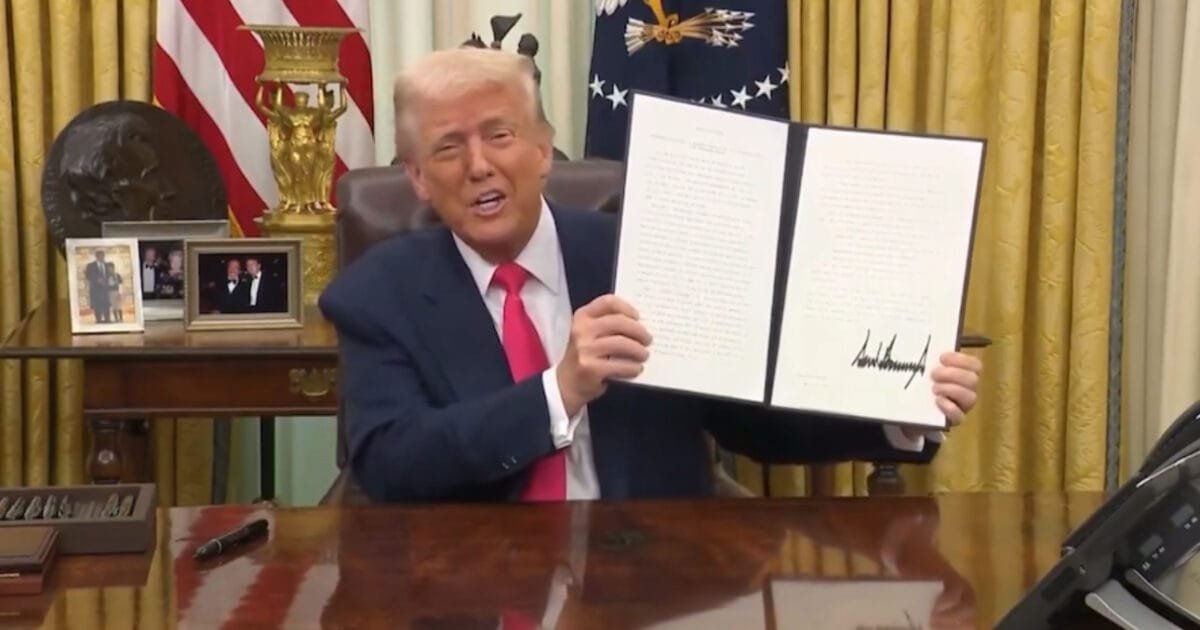President Donald Trump signed an executive order on Thursday adjusting the broad tariffs he imposed earlier this week, easing restrictions on certain imports from Mexico and Canada. The modifications exclude key manufacturing and agricultural products from the 25% tariffs originally placed on all imports.
As previously reported, Trump reinstated tariffs on goods from Mexico, Canada, and China under the International Emergency Economic Powers Act, citing the need for these nations to curb the flow of illegal immigrants and fentanyl into the United States. The tariff policy has already prompted significant investments in American manufacturing, including a major move by Honda to produce its next-generation Civic hybrid in the U.S. instead of Mexico, in order to sidestep potential tariffs.
Trump emphasized that “reciprocal tariffs start on April 2,” referring to the broader trade strategy aimed at leveling the playing field for American industries. Earlier this week, he signed an executive order imposing sweeping reciprocal tariffs on any country that places duties on U.S. imports. However, in Thursday’s adjustment, he carved out exemptions for products meeting the United States-Mexico-Canada Agreement (USMCA) standards, as well as for certain energy resources and agricultural inputs.
Updated Tariff Policies
According to a White House statement, the revised duties targeting illicit drug trafficking at the borders now include:
- 25% tariffs on goods that do not meet USMCA rules of origin.
- 10% tariffs on energy imports from Canada that fall outside USMCA preferences.
- 10% tariffs on potash fertilizer from Canada and Mexico that do not qualify for USMCA benefits.
- No tariffs on goods from Canada and Mexico that meet USMCA requirements.
Trump emphasized that while the immigration and security challenges at both the Northern and Southern borders require cooperation from Canada and Mexico, it is important to ensure that U.S. auto manufacturers do not face undue disruptions due to global supply chain dependencies.
“It basically makes it more fair for our car manufacturers during the short-term period before April 2. April 2 is a little bit different,” Trump told reporters while signing the revised order. “That will be much more significant, but this, during this interim period between now and April 2, this makes it much more favorable for our American car manufacturers.”
Additionally, Trump noted that he had a productive discussion with Mexican President Claudia Sheinbaum regarding the tariffs, immigration policies, and efforts to combat drug smuggling.


